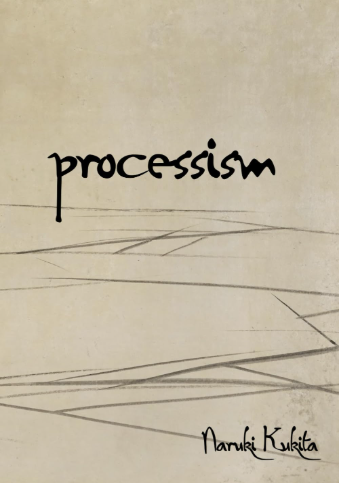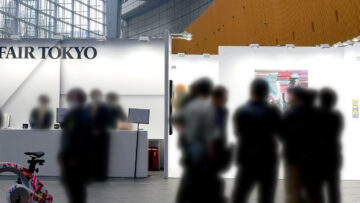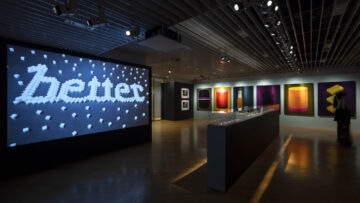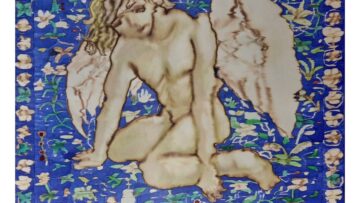Written by ART Driven Tokyo

New York is the world’s capital of art. Many artists dream of this city and cross oceans to pursue that dream. Naruki Kukita is one of them. After graduating from Tama Art University, he established his base in Brooklyn and has been creating art in New York for over two decades. His book, Processism: Requiem for Contemporary Art, offers a candid look into contemporary art, grounded in years of firsthand experience.
This book is more than just a theoretical discourse on art. It is a message to all of us living in today’s world, filled with anguish, hopes, and critical questions of an artist working on the global frontlines.
The allure of New York is far from romantic in reality. What Kukita encountered was a world where artworks are traded like stock certificates, where “price” often outweighs meaning or quality. The roles that art is meant to fulfill—introspective exploration and questioning society—are frequently swallowed up by market forces.
We live in an era where, thanks to social media, it seems like everyone has a platform to express themselves. Yet Kukita argues that the structure still privileges those who are white, male, wealthy, and well-connected. That power dynamic has not truly changed.
This is especially true in the aftermath of the pandemic, where prejudice and discrimination against Asians have intensified. In such a climate, Asian artists must assert their presence. Precisely because Asians are often stereotyped as quiet or passive, the act of speaking out, like Kukita does, can become a powerful force for social change. ART Driven Tokyo believes such acts have the potential to reshape collective awareness.
Currently, Kukita runs a gallery in Brooklyn and also teaches painting at his studio, “Naruki Art Dojo.” His educational approach is both efficient and hands-on, drawing from the traditional Japanese training philosophy of Shuhari—a method that emphasizes disciplined progression from imitation to innovation. In contrast, many U.S. university art programs are criticized for neglecting even the basics, such as teaching students a foundational perspective. Kukita sounds the alarm about the state of the art education as well.
He expresses deep concern over the current state of art, which is increasingly entangled in economic competition. “Art-making is one of the best ways to reexamine and refine the self,” he insists, and based on this belief, he proposes a new value system called “Processism.”
Bring an end to capitalist art. Reclaim true freedom—not the freedom that’s been engineered for us, but the one we can rediscover through process.
This message isn’t just for artists. It may also strike a chord with young people vaguely dreaming of working abroad or pursuing creative careers.
For aspiring artists—and indeed, for anyone navigating this era of transformation—this book will undoubtedly prompt reflection on essential questions: “Why do we create?” and “What do we believe in as we live our lives?”
▶ Amazon link: https://www.amazon.co.jp/Processism-Requiem-Contemporary-Naruki-Kukita/dp/B0DWZH534D/ref=tmm_pap_swatch_0?_encoding=UTF8&dib_tag=se&dib=eyJ2IjoiMSJ9.vYH5ersFQG5KvkTQWbrW0Q.2weZaP8mnOsp17BmwWgLXHjfUlgCLfD1fS-4-2Semb4&qid=1745096333&sr=1-1
Processism: Requiem for Contemporary Art by Naruki Kukita




